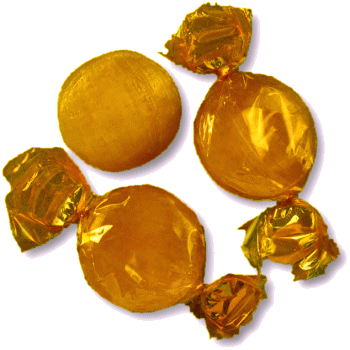




WELCOME TO AN ENTERTAINMENT SITE FOR SCOTTISH COUNTRY DANCERS!
Enjoy this curated selection of theme-related dances for celebrations and holidays, or find a dance associated with a special calendar day, or EVEN your own birthday!
Sep 10

Programmers' Day
Bubble Sort
Other Scottish Country Dances for this Day
Today's Musings, History & Folklore
"Hello, World!"
How many languages do you speak? Do you include programming languages? Your programming language repertoire may hint at your generation. Fabulous Fifties & Swinging Sixties programming languages include: FORTRAN, LISP, COBOL, BASIC, while Pascal, C, Prolog, Smalltalk and SQL emerged during the Disco Era of the 70's. The 1980s brought us C++, MATLAB, and Perl, followed by 90's Grunge, Python, Visual Basic, Ruby, Java, and Javascript. Apart from these respectable languages, there are, however, a set of esoteric, strange and insane legitimate programming languages (known as "esolangs") which include:
LOLCODE - made up of lolspeak, the ‘language’ used by lolcats
ArnoldC - a programming language made entirely out of one-liners from movies featuring Arnold Schwarzenegger
Shakespeare - variables must be named after Shakespearian characters and constants are decided by positive or negative nouns.
Whitespace - created as an April Fools’ joke, whereas most programming languages ignore whitespace characters, Whitespace uses them as commands, ignoring non-whitespace characters instead.
Piet - code appears only as color blocks
Chicken - This is a programming language consisting of only one word, guess which
reMorse - a programming language that was made to look like Morse code
Malbolge - named after the eighth circle of Hell, created by an algorithm to be almost impossible to code in
The classic" bubble sort" is a staple of introductory programming classes. One enterprising dance troupe - The Hungarian Csángó folk dance troupe from Sapientia University in Romania - has a demonstration videos of various sorting algorithms in dance form, using the dancers as the sorting elements!
Bubble Sort
The Day of the Programmer is an international professional day recognized by many technology companies and programming firms, celebrated on the 256th (hexadecimal 100th day of each year (September 13 during common years and on September 12 in leap years).
The number 256 was chosen because it is the number of distinct values that can be represented within an eight-bit byte, a well-known unit to programmers. 256 is also the highest power of two that is less than 365, the number of days in a common year.
A classic programming exercise, a bubble sort, sometimes referred to as sinking sort, is a simple sorting algorithm that repeatedly steps through a list to be sorted, comparing each pair of adjacent items and swapping them if they are in the wrong order. The pass through the list is repeated until no swaps are needed, which indicates that the list is sorted. The algorithm, which is a comparison sort, is named for the way smaller elements "bubble" to the top of the list.
To see the dance video performed at the Weihnachtsball Münster in 2016, see below.
For a wonderful illustration of a bubble sort in dance form, watch the Hungarian Csángó folk dance troupe from Sapientia University in Romania, demonstrating in dance how different the bubble sorting algorithm works. Watch the numbered dancers arranging themselves from least to greatest with traditional steps.
Also included on their youtube channel, AlgoRhythmics, are dance illustrations of other sorts: merge-sort, shell-sort, insertion-sort, and selection-sort.
Click the dance cribs or description below to link to a printable version of the dance!




